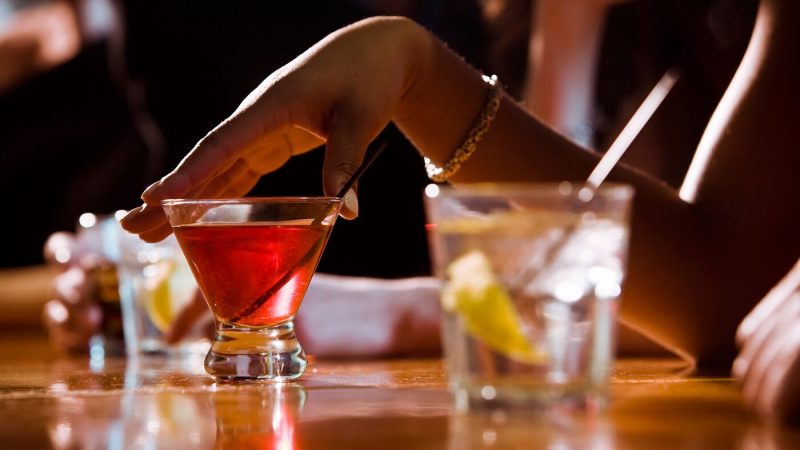For most of 2017, distributors of imported alcohol have been met quietly with resistance by various ministries and the government of licensing departments. The bureaucratic process that importers must follow to allow spirits and wine into the country is a long and arduous one, with sign-offs and approvals being done at all levels of this heavily regulated industry. Recent impediments at customs and trade offices, as recounted by a number of unnamed sources familiar in Indonesia’s distribution and hospitality industries, have revealed a systemic stoppage for unknown reasons. At the present time, very few to no new orders for spirits or wine have been fulfilled and hospitality operators nationwide have already started to feel the pinch.
As supplies run low, prices increase. Bars and restaurants have readjusted to new operational norms where much of the low to middle-ranged alcohol stocks are steadily depleted or have simply run dry.
Some hospitality firms have made the switch to locally made wine, spirits and beer; dropping prices for happy hours and drinks to attract clienteles.
The profit margins for branded liquor have also drastically decreased. As one Central Jakarta bar manager revealed earlier this year, one bottle of Jack Daniels Black Label could command up to AUS$80 wholesale. To make any decent returns on such a price, the bottle would have to be marketed more than double, and consumers just weren’t willing to pay for the brand at those rates.
Recent inquiries to different restaurants and hotels have also offered interesting insights. In September this year, along with the major tourist routes of Seminyak and Sanur, hospitality operators were repeating the same overture when requests for branded alcohol were made: “habis” or “not available.” When pressed for a further explanation for why tequila, gin or certain brands of rum were unavailable, most service staff demurred. However, one outgoing waitperson offered, “The order has been made, but it hasn’t come yet. We have waited for a long time. I’m sorry; do you want a cocktail with vodka?” Interestingly, a boutique hotel’s happy hour consisted of Rp.50,000 all-you-can-drink cocktail specials made with locally crafted vodka.
Perhaps the answer is connected to the fledgeling, locally-produced, alcohol trade. Vodka, rum and whiskey are distilled here; wine is made from locally grown grapes mixed with imported grape juice, fermented and bottled. Diageo, a multinational alcoholic beverage company, also runs a domestic production facility (where they also produce alcohol-free Guinness). Stolichnaya and Captain Morgan’s Rum are also locally produced. Could there be a push from this industry to capture a larger corner of the drinks market? Without any competition, they could be the only source of alcohol for hospitality operators desperate to lure thirsty tourists and diners with reasonably priced drink offers.
In this environment, several questions loom. When will new and back ordered shipments resume (if at all)? Can the public have confidence in the local market until then? Is locally distilled alcohol safe to consume? Will government departments reveal why they’ve put unofficial moratoriums on importation?
What do you think? Please tell us in the comments section.
*Due to the sensitive nature of the article, all sources consulted on deep background and names of hotels, restaurants and bars have been omitted.




